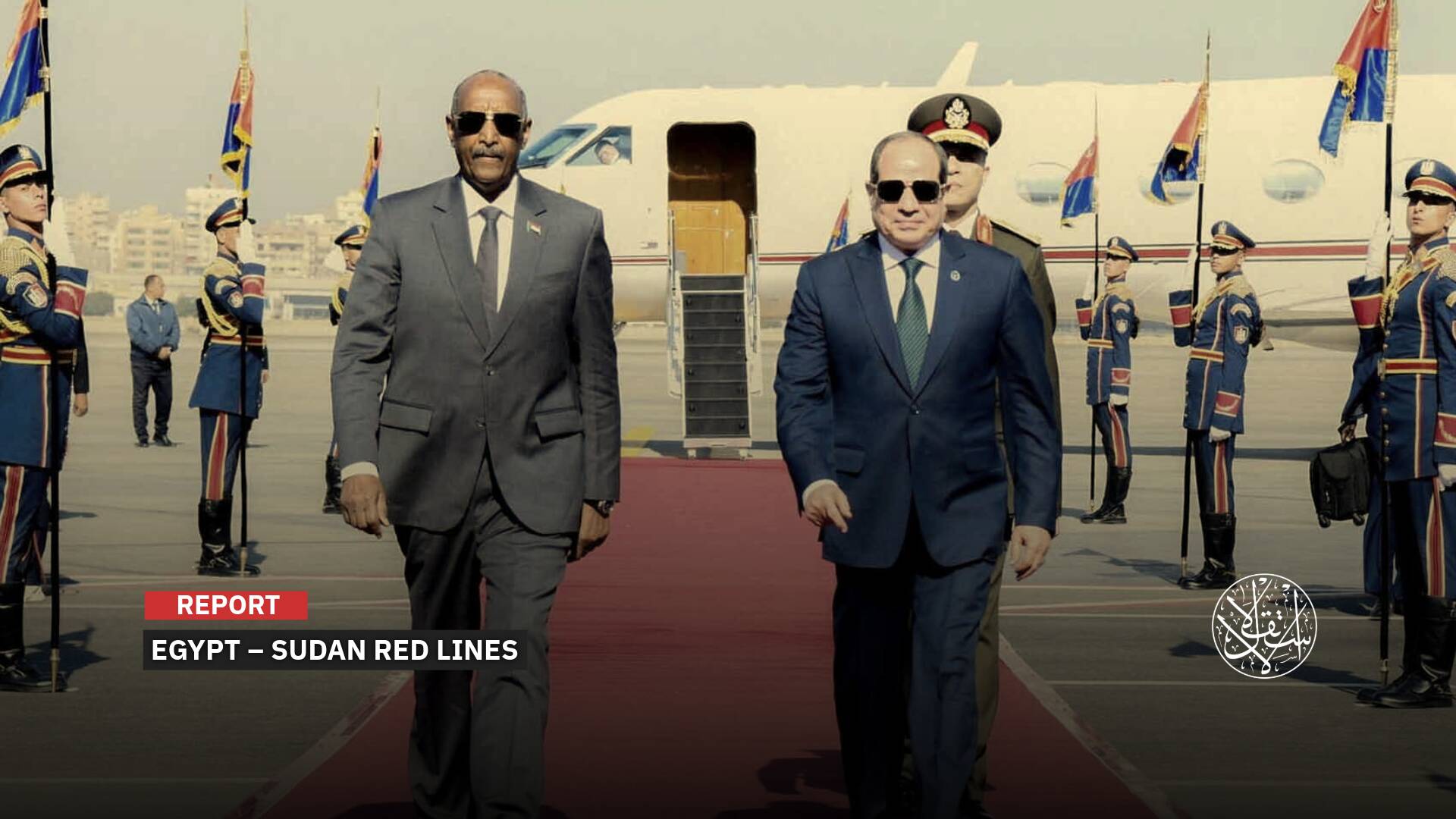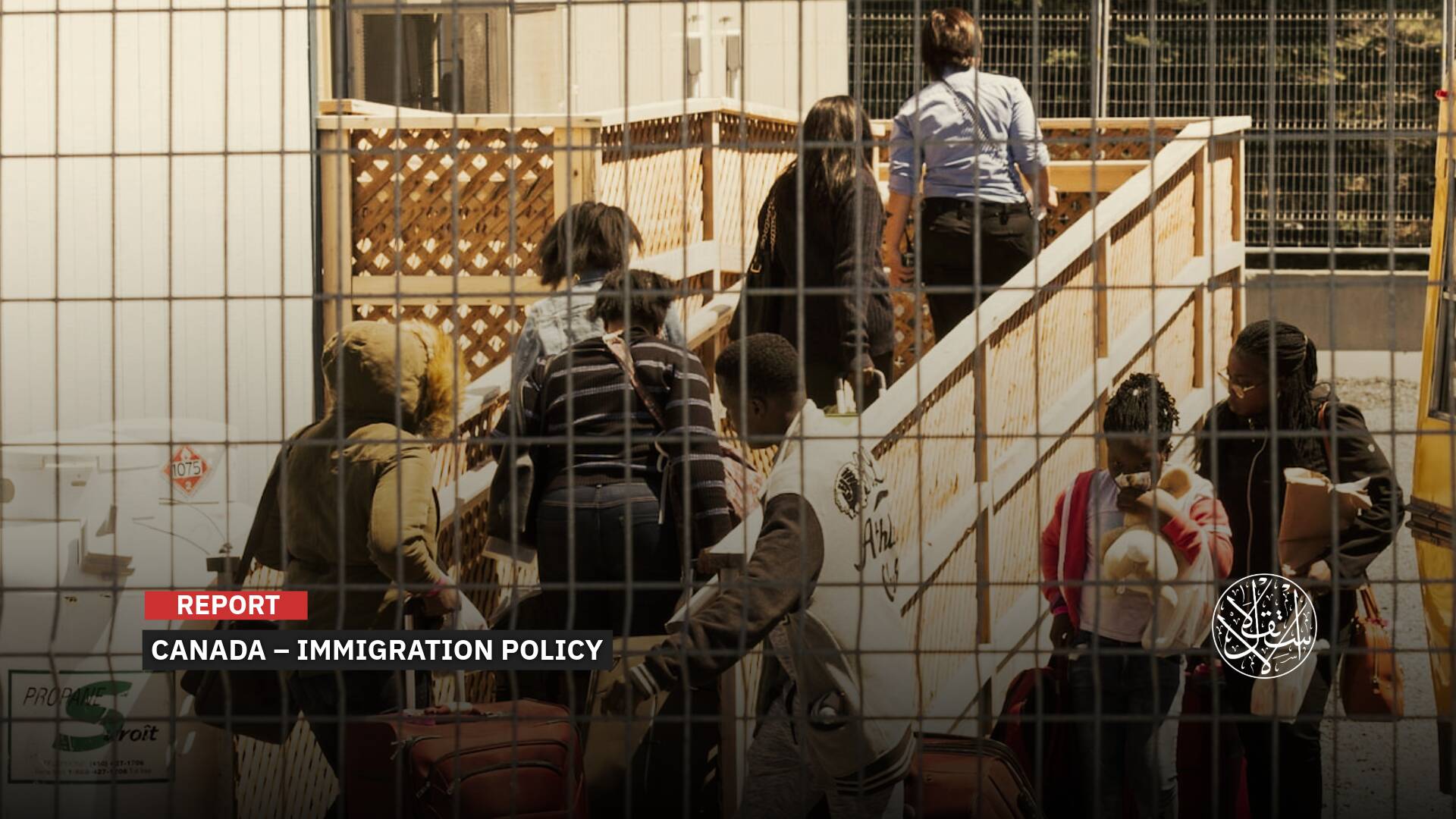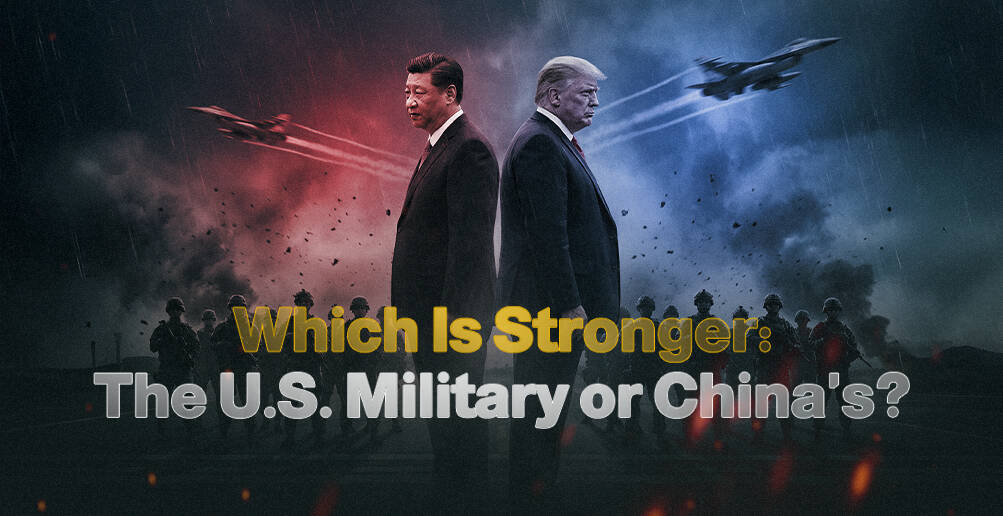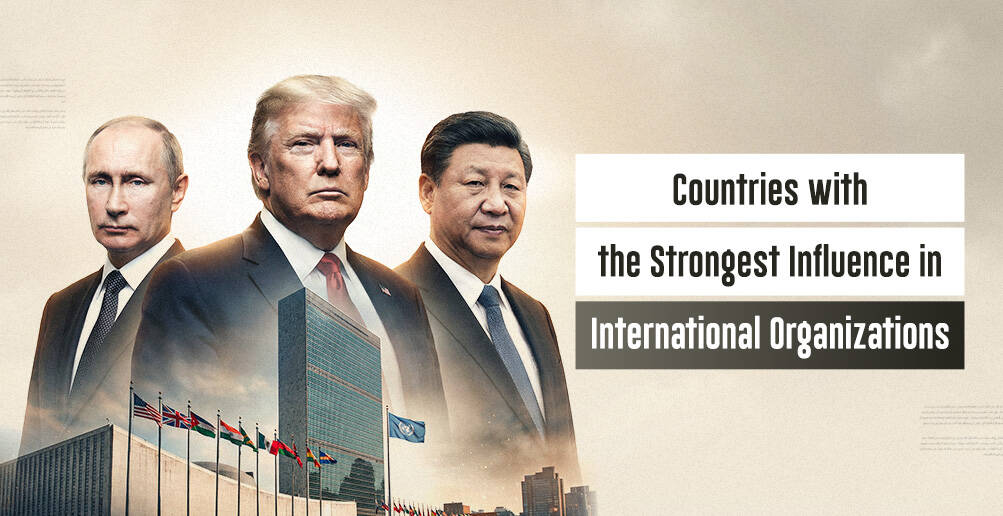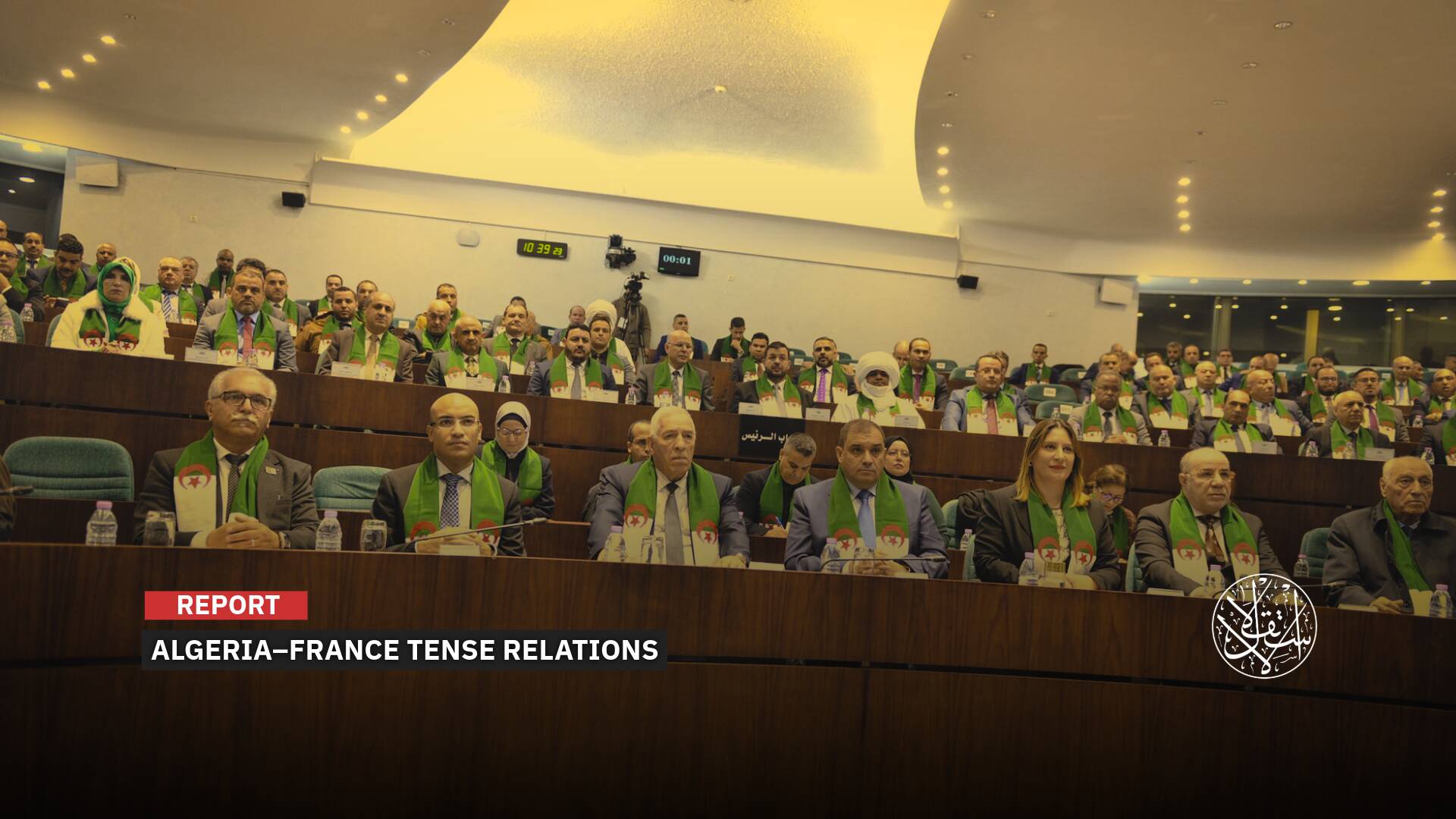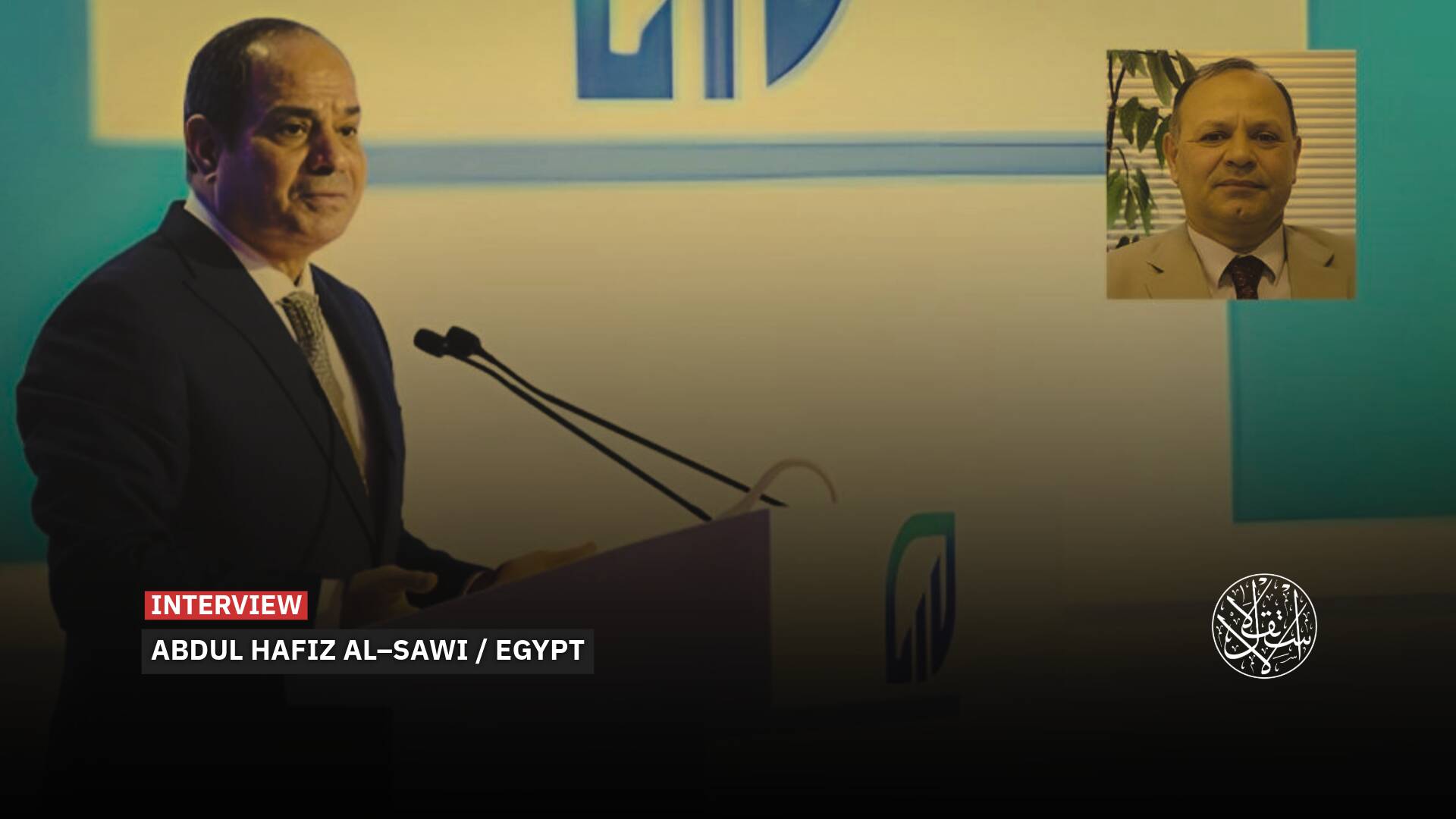After Losing Honduras: How Is Taiwan Rebuilding Its Foreign Relations?
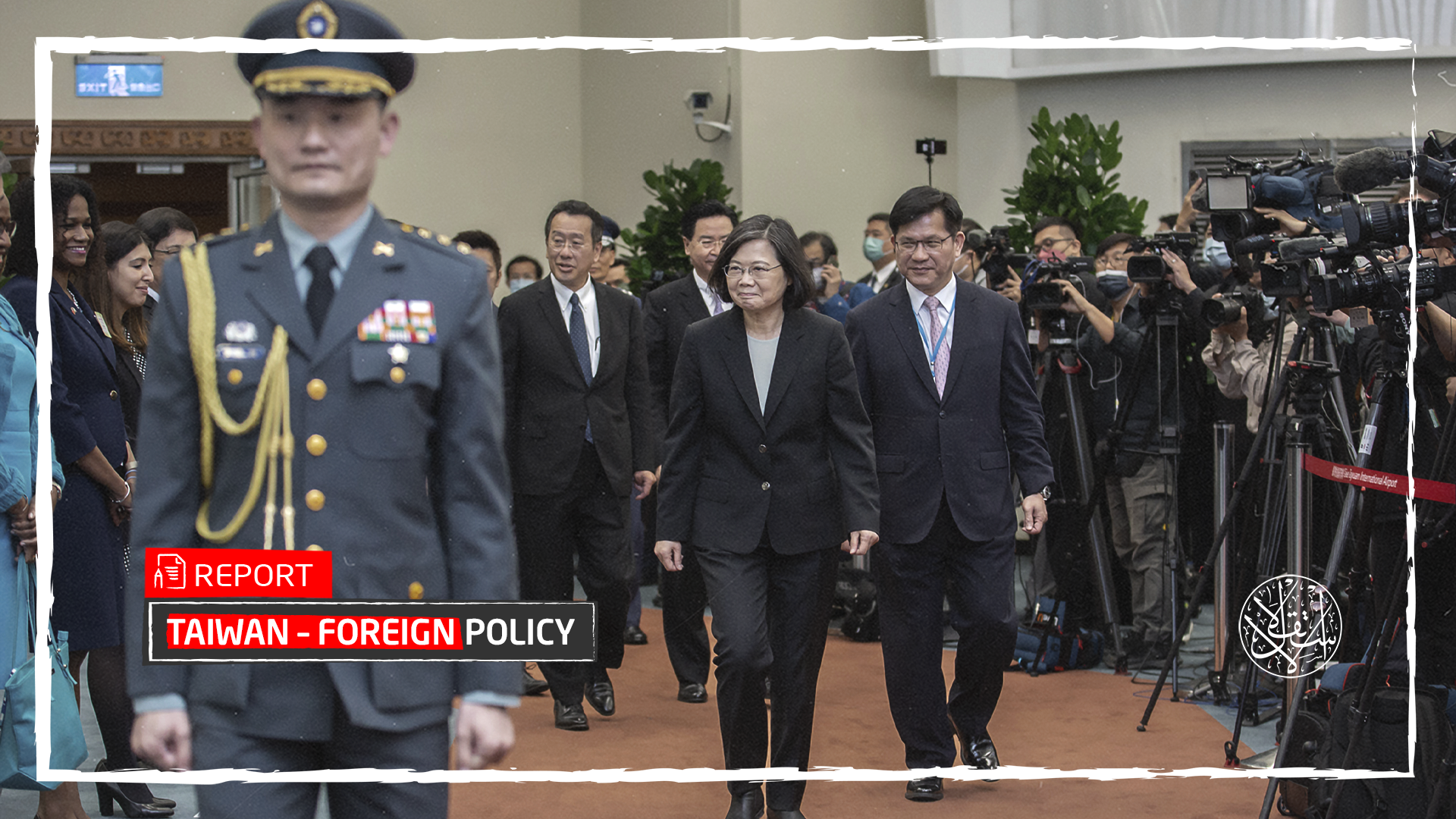
President Tsai Ing-wen of Taiwan departed from Taipei for a trip that will take her to Guatemala and Belize, two of the few countries that still recognize Taiwan diplomatically, and to the United States, where she will make brief stops in Hawaii and California and U.S. House Speaker Kevin McCarthy said he would meet her next week.
Her visit to the United States, which maintains a robust unofficial relationship with Taiwan but does not formally acknowledge its sovereignty, has drawn “strong opposition” from China, which claims the island as part of its territory and opposes any contact between its leaders and American officials.
China also warned that it would take “resolute countermeasures” if Ms. Tsai met with McCarthy or any other American politicians, accusing them of violating the “one China” policy that has guided Washington’s relations with Beijing since 1979.
That policy, which was reaffirmed in three joint communiqués between the United States and China, stipulates that there is only one China and that Taiwan is part of it.
In a similar context, last August, China reacted aggressively to a visit by Nancy Pelosi, then the House speaker, to Taiwan, where she met with Ms. Tsai and other officials.
In response, China conducted large-scale military exercises around the island, which it has threatened to invade if Taiwan declares independence or resists reunification.
For its part, the U.S. has said that Ms. Tsai’s stopovers in Hawaii and California do not violate the “one China” policy and that they are only “transit” visits, even if she meets with prominent figures.
China’s Anger
The United States is currently Taiwan’s most important security ally and trading partner.
China, however, considers any contact between Taiwan’s leaders and American officials as a violation of the “one China” principle, which asserts that there is only one sovereign state under the name China and that Taiwan is part of it, threatening to use force if Taiwan ever declares independence or resists reunification.
Zhu Fenglian, a spokeswoman for China’s Taiwan Affairs Office, said that if Ms. Tsai met with McCarthy or any other American politicians, it would be “another provocation that seriously undermines China’s sovereignty and territorial integrity and jeopardizes peace and stability across the Taiwan Strait.”
McCarthy said that he looked forward to meeting Tsai in California and discussing ways to strengthen the critical relationship between the U.S. and Taiwan. He did not specify when or where the meeting would take place.
Some Biden administration officials are concerned that Ms. Tsai’s visit could trigger a hostile reaction from China, such as military exercises near Taiwan or other actions that could endanger the island’s security.
National Security Council spokesman John Kirby stressed that the crossings were “private” and “unofficial.”
“This transit is consistent with our long-standing unofficial relationship with Taiwan,” Kirby said in media statements.
“It is Taiwan’s decision to make these transits based on their own travel; transits are not visits, they are private, and they are unofficial,” he added.
For his part, Chinese Foreign Ministry spokesman Wang Wenbin said: “We firmly oppose any form of official interaction between the United States and Taiwan, and we firmly oppose any U.S. visit by the leader of the Taiwan authorities regardless of justification or pretext.”
“The reported flight is not so much a transit attempt as an attempt to look for a breakthrough in order to promote ‘Taiwan independence,’” he noted.
The U.S. and China have called Taiwan the most volatile flashpoint in their fraught bilateral ties. Now, after sparring over Ukraine, TikTok and a balloon, Taiwan is set to return to center stage as Tsai Ing-wen heads to New York.@charleshutzler @joyuwanghttps://t.co/iWm9wia025
— Jonathan Cheng (@JChengWSJ) March 28, 2023
Visit to China
Ma Ying-jeou, who served as Taiwan’s president from 2008 to 2016, made a historic visit to mainland China last week, becoming the first current or former Taiwanese leader to do so since the Communist Party took power in 1949.
Mr. Ma, who belongs to the Nationalist Party, or Kuomintang, that once ruled China and still claims to be its legitimate government, traveled to China in his private capacity for a 12-day tour that included academic and cultural exchanges, as well as a visit to his ancestral home.
But his trip also had political implications, as he sought to ease tensions between Taiwan and China, which considers the island a breakaway province that must be reunited with the mainland by force if necessary.
China has been pressuring Taiwan diplomatically and militarily, especially since the election of President Tsai Ing-wen in 2016, who rejects Beijing’s claim over Taiwan.
On Tuesday, Mr. Ma paid homage to Sun Yat-sen, the founder of the Republic of China and the Kuomintang, at his mausoleum in Nanjing, the former capital of China before the Communist takeover.
There, he called on both sides of the Taiwan Strait to work together for peace, using terms that emphasize ethnic rather than national identity: “The people on both sides of the Taiwan Strait are Chinese, both descendants of the Yan and Yellow emperors.”
Mr. Ma’s trip drew protests from some pro-independence groups in Taiwan, who accused him of betraying Taiwan’s sovereignty and democracy.
His arrival in China was reportedly met with high-level security, and he was greeted by a deputy director of China’s Taiwan Affairs Office on Monday.
The State Department has tried to downplay Mr. Ma’s visit, saying it was “private and unofficial” and did not violate the U.S. "One-China" policy, which recognizes Beijing as the sole legal government of China but only acknowledges its position that Taiwan is part of China. The United States also maintains unofficial relations with Taiwan through the Taiwan Relations Act of 1979, which authorizes continued support and arms sales to Taiwan.
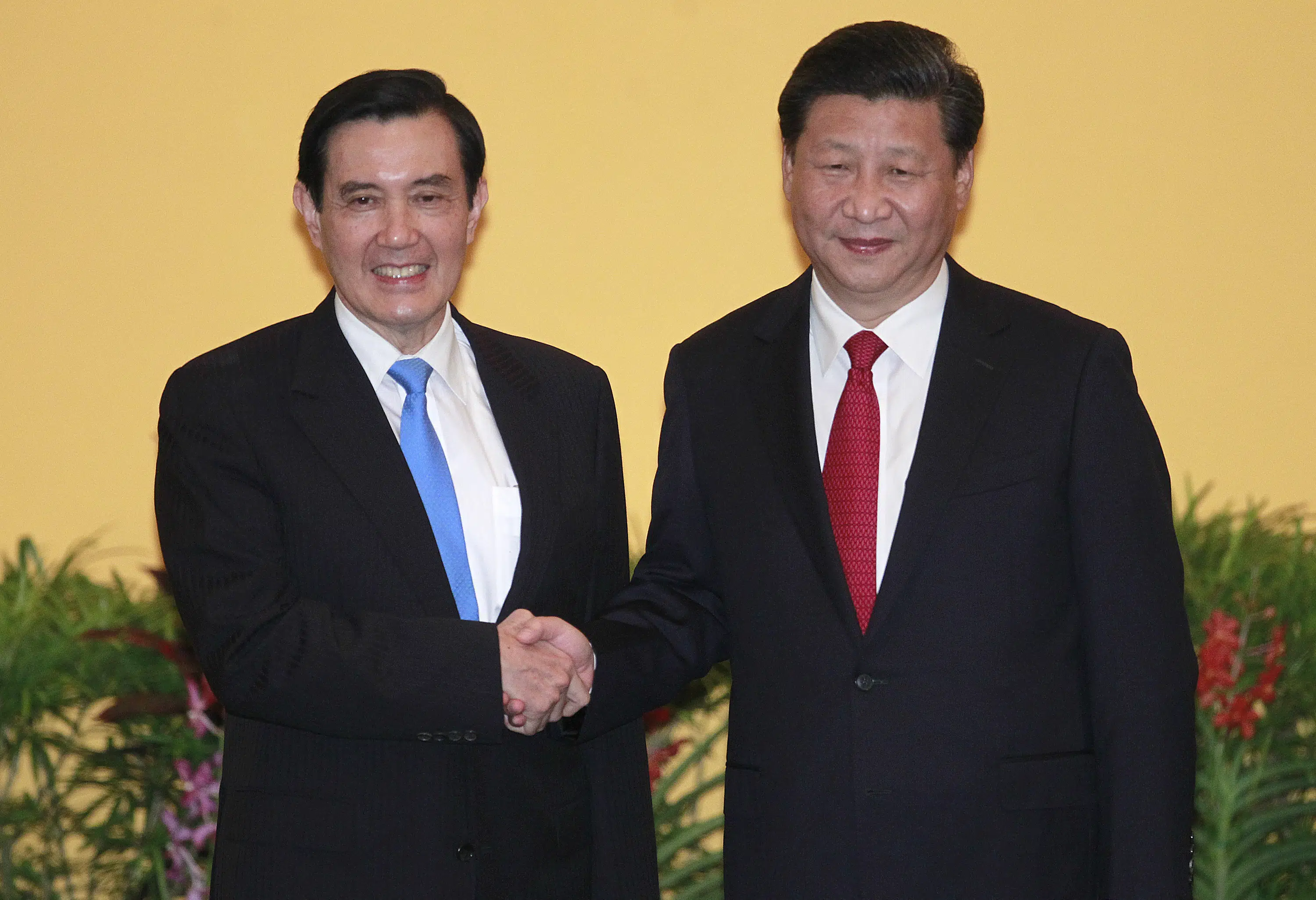
Effective or Useless?
Mr. Ma’s visit, which was denounced by Taiwan’s ruling party as inappropriate and provocative, comes after China poached another of Taiwan’s dwindling diplomatic allies, Honduras, leaving only 13 countries that recognize the island’s sovereignty.
China claims Taiwan as its own territory and has stepped up its military and political pressure on the self-ruled island to accept its rule. Mr. Ma, who was president from 2008 to 2016 and pursued closer ties with Beijing, faced protests from pro-independence activists at the airport before his departure.
They accused him of betraying Taiwan’s interests and dignity. A smaller group of supporters also showed up, waving flags and chanting slogans in favor of cross-strait unity.
Mr. Ma’s visit coincides with a time of unprecedented warmth between Taiwan and the United States, which switched diplomatic recognition from Taipei to Beijing in 1979 but remains Taiwan’s most important security partner and arms supplier.
The Biden administration has expressed strong support for Taiwan’s democracy and defense, angering China’s leader Xi Jinping, who has vowed not to pass on the issue of Taiwan’s reunification to future generations.
Mr. Ma’s trip to China has raised eyebrows in Washington, where some officials fear it could provoke Beijing to flex its military muscles near Taiwan or undermine the island’s security in other ways.
They worry that Mr. Ma, who belongs to the opposition party that advocates closer relations with China, could send mixed signals to Beijing about Taiwan’s stance on cross-strait issues.
But analysts say that Ms. Tsai’s visit to the United States, where she will meet with senior officials and lawmakers, is more significant for Taiwan’s future
They see it as a way to bolster the prospects of her vice president, William Lai Ching-te, who is expected to run for president in a crucial election early next year when Ms. Tsai steps down.
Lai faces a tough challenge from the candidate of Mr. Ma’s party, the Kuomintang (KMT), which argues that dialogue with China is essential to ease tensions and maintain stability across the strait.
Mr. Ma, who met with Xi in Singapore in 2015 in a historic summit before Ms. Tsai took office, denies being pro-Beijing and says he is only seeking to promote peace and understanding between the two sides.
Sources
- Taiwan caught between superpowers as rival leaders visit China and US
- Strange name. Why is the visit of Taiwanese presidents to America called "transit"? [Arabic]
- Taiwan President’s U.S. Trip Touches a Flashpoint in U.S.-China Ties
- White House says no reason for China to ‘overreact’ to Taiwan president’s US trip



